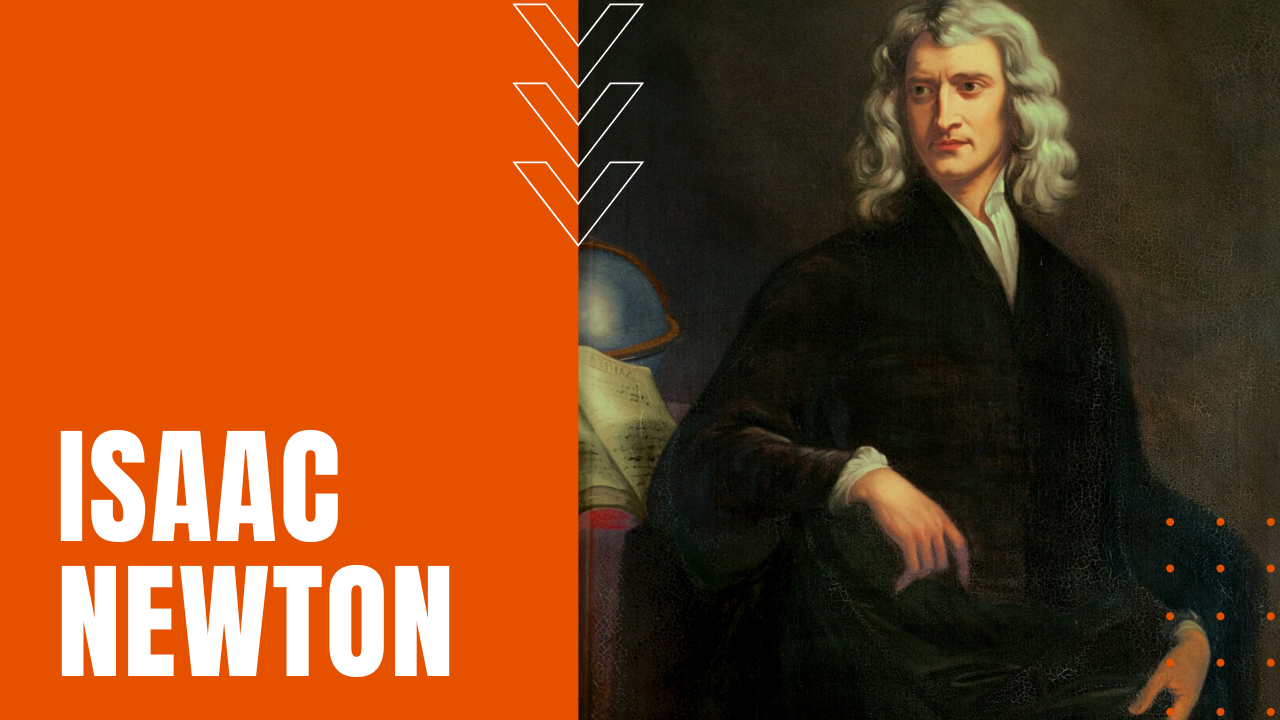Isaac Newton

Born in 1643 Lincolnshire England, Isaac Newton’s father passed away three months before Newton’s birth, foregoing a farmer’s life to attend Cambridge University as a young man, where he devoted himself to the study of physics, the motion of planets and mathematics. When the Great Plague shuttered Cambridge in 1665, Newton returned home to the family farm, formulating his theories on calculus, light
Famous Apple Drop
and color, while a falling apple supposedly inspired his work on gravity. Returning to Cambridge in 1667, a year later, Newton built a telescope before earning a Master of Arts degree and a professorship in Mathematics. In 1671, after demonstrating his telescope to the Royal Society of London, he was elected into the same learned body the following year. Due to his experiments into light refraction, Newton drew
Criticized By Robert Hooke
sharp criticism from Society member and scientist Robert Hooke, when Newton pronounced that light was composed of particles rather than waves. Known for his ardent if not temperamental defense of his work, Newton suffered a nervous breakdown after several heated letters with Hooke, withdrawing from the public eye in 1678 to further his study of gravity. At the behest of English astronomer Edmund Halley,
Publishes Principia Mathematica
Newton published his masterwork Principia Mathematica in 1687, which laid down his three laws of motion by stating that every object in a state of uniform motion will remain in that state of motion unless an external force acts upon it; force equals mass times acceleration, and for every action there is an equal and opposite reaction. Principia made Newton a rock star of sorts in intellectual circles, while his work became a founding element of the European Enlightenment and the Scientific Revolution. Following
Elected To Parliament
the Glorious Revolution of 1688, Newton was elected Cambridge University’s representative in Parliament, moving to London for the remainder of his life after being named warden of the Royal Mint in 1696. His second major work, Opticks, detailed Newton’s thorough experiments into light refraction and the color spectrum, as well as his thoughts on energy and electricity, before earning a knighthood from
Knighted by Queen Anne of England
Queen Anne of England in 1705. He also is viewed by many as the father of calculus, although scholars later concluded that German mathematician Gottfried Leibniz may have discovered calculus at the same time yet independent of Newton. He passed away in his sleep on March 31st, 1727, but not before delivering the words, “I can calculate the motion of heavenly bodies but not the madness of people.”
